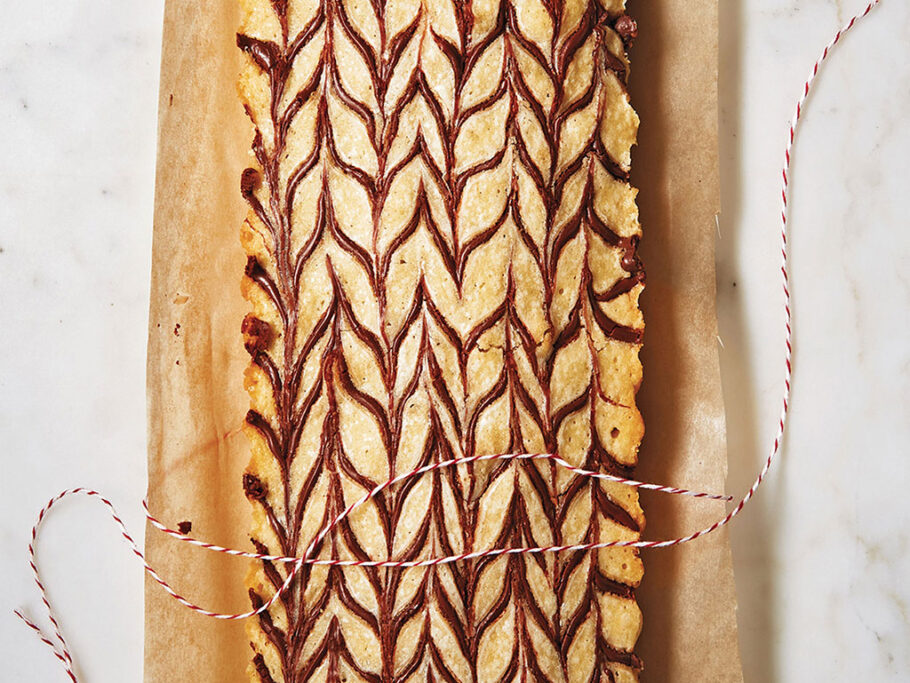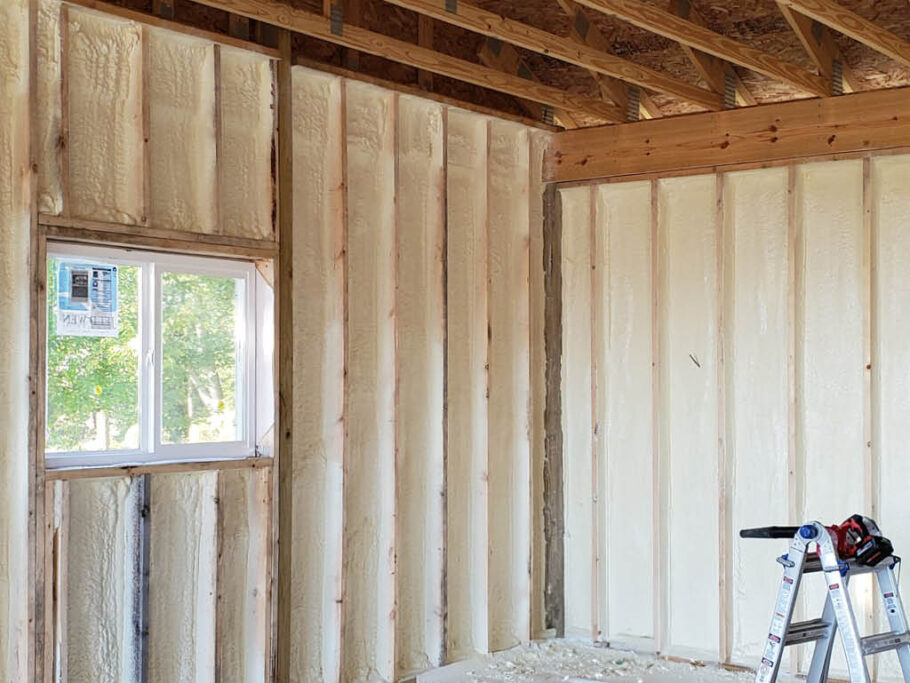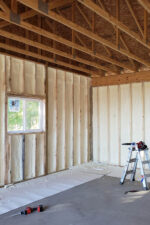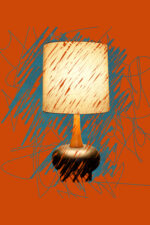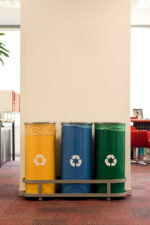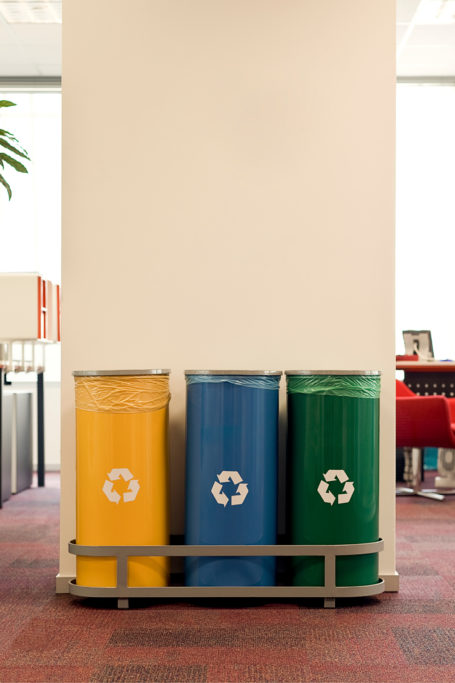Get the Dirt on a Clean Home
Now that it’s March, many of us eagerly welcome the positive changes that arrive with it, most notably extended daylight, the changeover from winter to spring, and warmer weather. Such new beginnings also inspire us to freshen up our homes.
Sure, getting out the vacuum and dustcloths to remove months’ worth of grime can make a big difference to your indoor air quality, your health, and your overall peace of mind. But did you know you’re probably overlooking many areas of your home? These places can be stealth breeding grounds for dust, dirt, and mold—so make sure to target them to get your home truly clean. Use the handy checklist below to help organize your offensive!
Kitchen
You may be saying “The kitchen? I clean that every day!” And this is true of most households; after all, it’s where everyone gathers the most and where they eat, so kitchen cleanliness is paramount.
However, there are items in a kitchen that may not be given a second thought. Take the dishwasher, for example. It uses powerful soap and hot water to clean dishes, pots, and pans, so it’s naturally clean, right?
Not so fast. Most dishwashers can build up residue and leftover food over time. To keep your dishwasher spick-and-span, empty any debris from its drain monthly. To clean it, fill a container with a cup of white vinegar, put it in the top rack in an empty machine, and set it to hot; you can follow the same process with baking soda in the bottom of your dishwasher. Similarly, to freshen up your garbage disposal, add a half cup of baking soda and a half cup of vinegar, wait several minutes, and then rinse with hot water.
You likely wipe down tables and countertops regularly as well, but these aren’t your only surfaces. For example, you may be surprised by how dirty your dish strainer tray gets. And, while you’re at it, don’t forget to take a gander at out-of-sight upper surfaces—such as your microwave ceiling and the oven exhaust. Doing so will quickly remind you that, yes, you occasionally need to clean them. In addition, now’s also a great time to empty out your fridge, pantry, and cabinets, and give them a thorough cleaning.

Bedrooms
Your bedroom is where you seek rest and relaxation every night. Unfortunately, it’s also a breeding ground for things like dust mites and bacteria. Keep your oasis clean by washing your sheets and pillowcases every one to two weeks, your comforters and blankets every three to four months, and your pillows every four months or so. And don’t forget your mattress, which should get a good vacuuming to twice a year.
Underneath your bedroom’s heavy furniture is another story—and an entirely different ecosystem. First, this seems to be where we tend to accumulate things, either intentionally (such as hand weights or kids’ artwork) or unintentionally (that missing sock or dozens of hair ties). So clear out the junk first. Then, once a month, remove as much debris as you can with a vacuum extension. Better yet, move the bed and dressers to achieve a more thorough cleaning. Lastly, make sure to dust behind the bed and dressers; places that have tight proximities to walls can trap a lot of dust and dirt.
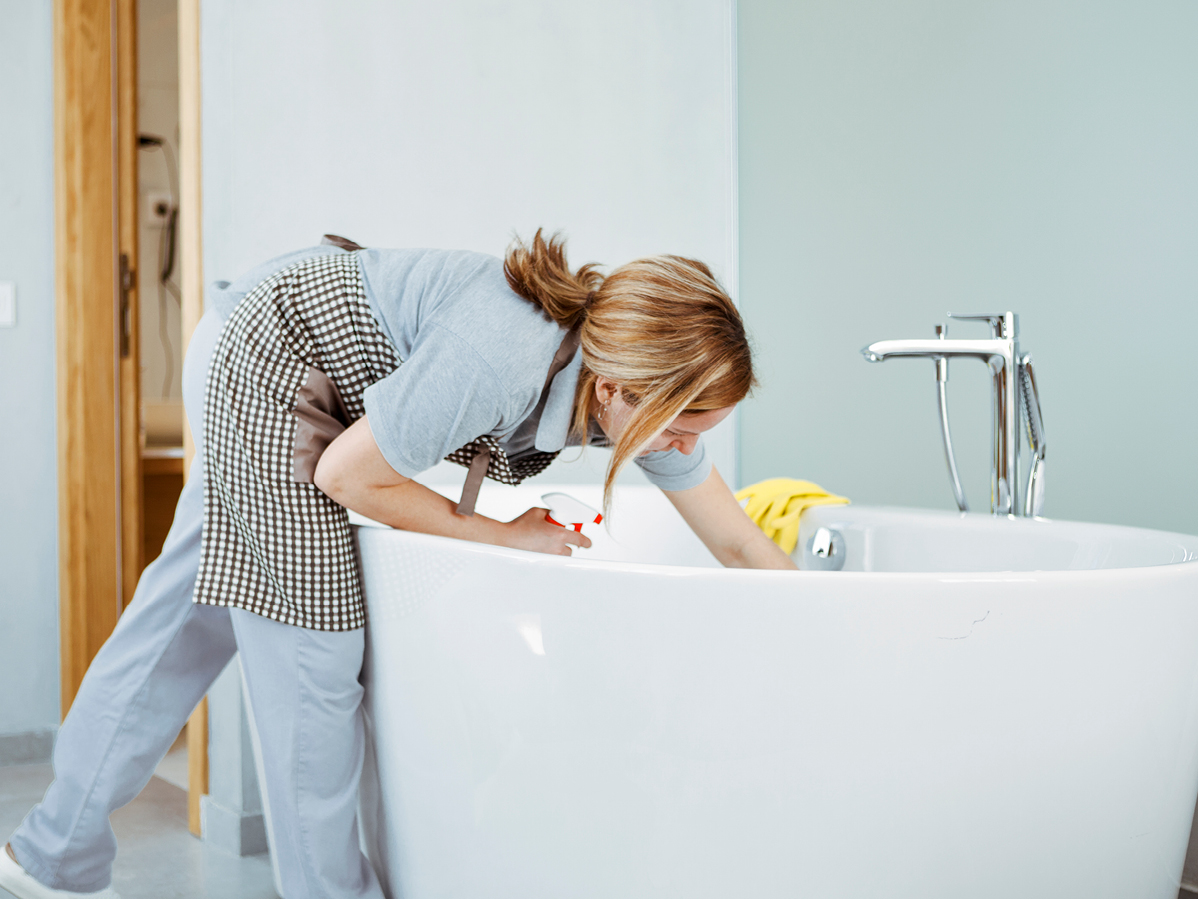
Bathrooms
In American homes, the raging debate of bathroom etiquette is usually about whether the toilet paper roll goes over or under. Forget the toilet paper: a more important question is whether you close the lid before flushing the toilet. The accompanying spray, also known as toilet plume, can travel up to three feet—meaning that every flush is potentially contaminating your bathroom, the air, and other people. So put a lid on it! Also make sure to clean the toilet inside and out at least once a week.
You can easily tell when the shower needs a scrubbing, but beyond the shower itself, pay particular attention to the shower curtain, its liner, and the bath mat. Shower curtains and especially liners tend to get quite dirty. They can be thrown in the washer on gentle, with a towel or two, every month; just don’t use the dryer. Perhaps just as bad is the bath mat, which gets soaked with water every day and thus should be washed once a week and replaced every six months.
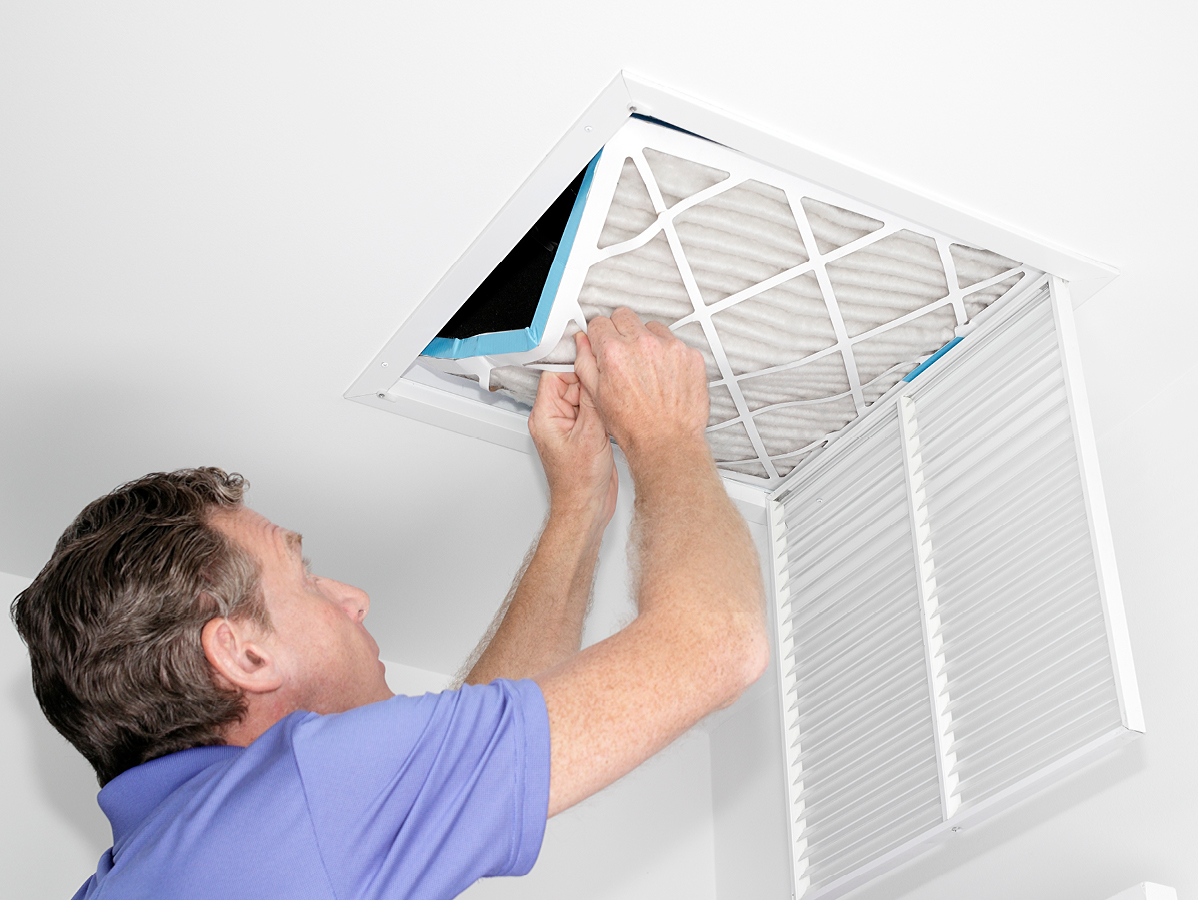
Ventilation units
Your HVAC unit is the heart of your home’s air quality. As such, it should be properly maintained by having a professional do a tune-up every six months, and spring is an ideal time after a winter’s worth of wear and tear on your unit. You should also change or clean the filter—the system’s barrier defense against dust, dander, and mold particles—every month, and the one you choose should fit your situation (such as if you have allergies or pets).
After considering the unit itself, you need to take care of the vents in each room. Cleaning vent covers is relatively simple: you unscrew them from the wall, wash them front and back with warm, soapy water, and dry before replacing. Before you put them back, though, you might want to vacuum the openings, which tend to accumulate dust, especially after winter.
Finally, another type of vent needs your attention: your dryer’s. You probably clean the trap regularly, but the hose and ductwork that take the hot air out of your home should be closely inspected as well, especially after winter—the buildup of lint is a common fire hazard when combined with the dryer’s heat. To unclog the vent, you can purchase a handheld cleaning unit that extends upward of thirty to forty feet, or you can have a pro take care of it for a relatively inexpensive price.
Every room
Dusting, mopping, and vacuuming are the go-to chores throughout a home, but oftentimes they are actually not done everywhere, so you end up leaving areas that keep accumulating dust and dirt. Places to target (from top to bottom) for dusting include the ceilings and ceiling fans, corners, and the top of molding and frames.
Don’t forget commonly used items, either. For example, virtually every room has a light switch and some sort of knobs or handles. These conveniences get touched all the time, so they should be targeted for frequent cleanings. Do you watch TV? Then make sure you sanitize that germ-infested remote.
And speaking of expensive electronics, a surefire way to shorten the life of your television, computer, refrigerator, etc., is to ignore the fact that, even though they’re largely front-facing, they actually do have backs. (Again: out of sight, out of mind.) These areas are great at attracting dust rather quickly, which can damage their vital interior components. Monitor such devices, and use compressed-air cans to clear out the debris, making sure to read the instructions first.
As you can see, there may be many more places of your home to focus on before you deem it totally cleaned. It doesn’t take much time or effort, and it will make all the difference in the world to your health and happiness.

